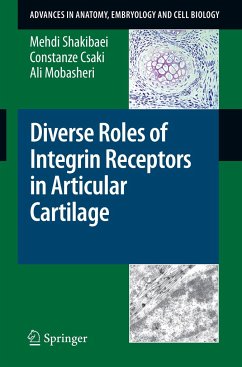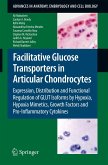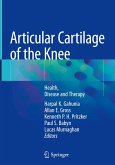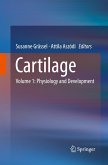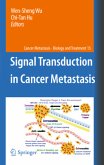Integrins belong to an evolutionary conserved family of adhesion molecules with important biological functions throughout the animal kingdom. They are heterodimeric glycoproteins involved in cell-cell and cell-matrix adhesion and communication. Physiologically they function as intra- and extracellular signalling molecules in a variety of processes including embryogenesis, hemostasis, tissue repair, immune response and metastatic spread of tumor cells. Integrin beta 1 (ß1-integrin) is a multi-functional member of the integrin superfamily and is an integral protein involved in cell-matrix adhesion, cell signalling, cellular defense, cell adhesion, protein binding, protein heterodimerization and receptor-mediated activity. The ß1-integrin family of cell surface receptors appears to play a major role in mediating cell-extracellular matrix interactions that are important in regulating these fundamental processes. ß1-integrins are important adhesion molecules that are highly expressed in articular chondrocytes where they bind to extracellular matrix molecules including fibronectin, laminin, and fibrillar collagens. In addition to mediating cell adhesion, members of the ß1 subfamily of integrins contribute to the organisation of the cytoskeleton and activate numerous intracellular signal transduction pathways. Recent studies from the authors' laboratory and from other leading groups have shown that ß1-integrins are essential for cell signalling and communication in chondrocytes. Furthermore, ß1-integrins function as mechanoreceptors in the chondrocyte mechanotransduction pathway. Their expression is therefore essential for maintaining the chondrocyte phenotype, preventing chondrocyte apoptosis and regulating chondrocyte-specific gene expression. This book volume summarizes the work that the authors have done on ß1-integrins over the last 18 years and focuses on the expression and regulation of these proteins in chondrocytes and their role in the context ofthe unique function of chondrocytes within articular cartilage.
Hinweis: Dieser Artikel kann nur an eine deutsche Lieferadresse ausgeliefert werden.
Hinweis: Dieser Artikel kann nur an eine deutsche Lieferadresse ausgeliefert werden.

